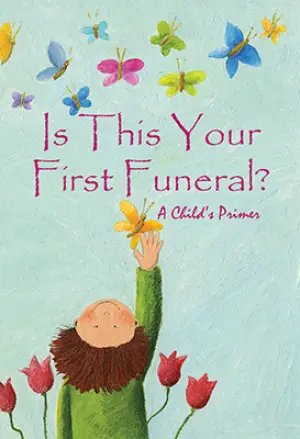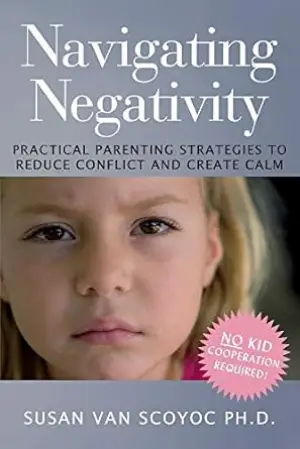Finding Light in the Shadows: A Review of Star-Spangled Jesus: Leaving Christian Nationalism and…
When I first picked up Star-Spangled Jesus: Leaving Christian Nationalism and… by April Ajoy, I felt an instant pull. As someone who grew up immersed in the church, I related to Ajoy’s exploration of the contradictions that have long haunted my own spiritual journey. For the last seven years, I’ve wrestled with my faith, struggling to comprehend how a religion grounded in love and peace could align itself with practices such as shaming women seeking help or demonizing the LGBTQ+ community. This book spoke to that internal chaos, pulling me in with its raw honesty and deep introspection.
Ajoy crafts a powerful narrative that delves into the cognitive dissonance prevalent in organized Christianity. Through her engaging storytelling, she highlights the alarming contrasts between true faith and the misguided interpretations often propagated by church leaders. The key themes—love, acceptance, and the radical rethinking of what it means to be pro-life—resonated with me on a profound level.
One of the most striking aspects of the book is how Ajoy encourages readers to think critically about their beliefs. She writes, “Up until this point, my youth pastors, Sunday School leaders, and Christian teachers had told me WHAT to think. But now I had someone teaching me HOW to think for myself.” I couldn’t help but reflect on my own journey of questioning and the struggle to find a voice in a world that often values conformity over individuality. This notion of empowering ourselves to think independently struck a chord, reminding me of the battles I’ve fought to carve out my own understanding of faith.
In terms of writing style, Ajoy’s narrative is both conversational and highly accessible. She manages to blend personal anecdotes with broader societal critiques, making her arguments relatable without feeling heavy-handed. The pacing flows effortlessly, drawing readers into her world while simultaneously prompting them to examine their own faith and preconceptions.
Perhaps the boldest moments in the book are when she directly confronts the contradictions within Christian nationalism. A standout quote for me was, “I still consider myself pro-life. But pro-all life—the mothers, children even after they’re born, immigrants, the man on death row, people killed by gunfire. All life is sacred, not just the unborn.” This sentiment encapsulates the deep sense of compassion Ajoy advocates for throughout her work, prompting me to pause and reevaluate my own beliefs.
As the narrative unfolds, it becomes clear that Ajoy’s journey is not about turning away from faith entirely but rather embracing a more inclusive interpretation of it. For instance, she reflects, “It’s hard to demonize people once you’re close enough to see the divine in them.” This line resonated with me deeply; it’s a reminder that empathy and understanding can bridge even the widest divides.
If you’ve ever felt out of place in your faith community, or if you’re grappling with the harsh realities of what “Christianity” often represents, then Star-Spangled Jesus is likely to resonate with you. Ajoy’s wisdom and authenticity shine through every page, making this a must-read for anyone seeking a more compassionate and inclusive approach to faith.
In conclusion, while I still don’t know if I’m ready to fully embrace organized religion again, Ajoy has reignited a spark within me—a reminder that faith can be beautiful, inclusive, and, most importantly, rooted in love. Her story has given me solace, and I believe it has the power to do the same for many others navigating similar struggles.
Discover more about Star-Spangled Jesus: Leaving Christian Nationalism and … on GoodReads >>






